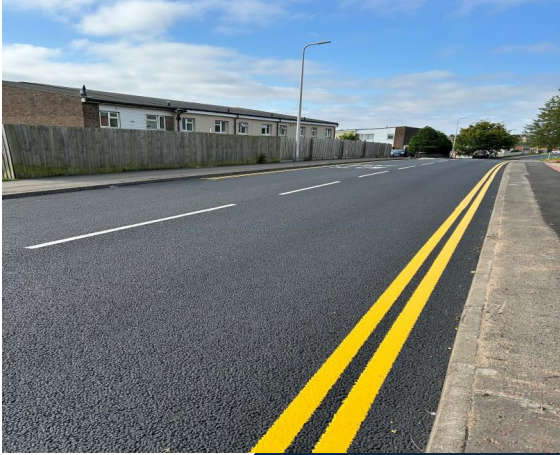
Vale Council chiefs have set out their plans for resurfacing some of the county's roads over the next three years.
Routes such as Port Road East in Barry, Paget Road in Penarth and Grove Road in Llandow are among those at the top end of the priority list.
The council's cabinet has approved proposals, which includes a pilot of a new environmentally friendly way of carrying out resurfacing work.
The list also includes cycling and pedestrian routes.
Cllr Mark Wilson, cabinet member for neighbourhood services and transport, said: "Maintaining our highway network is an important responsibility for this council as is trying to carry out all work in a way that has as little impact on the environment as possible."
"The revised Highway Maintenance three-year resurfacing plan 2024 – 2027 sets out how we will improve roads during this period, which areas will be tackled first and the reasons for this."
Highway engineers in the Vale have assessed all roads needing work over the past 18 months - with a number relating to their condition under a scoring system.
Those that scored highest will be repaired this financial year until the £350,000 allocated for low cost and low carbon treatments has been spent, with the remaining routes earmarked for repair during 2025-26.
Plans also include a list of roads suggested for attention by residents and other stakeholders that are awaiting assessment and a procedure for any emergency repairs to be carried out.
Cllr Wilson added: "In addition, we recently tested a new resurfacing system that is significantly greener than traditional methods."
"Initial results are very encouraging and align perfectly with the council's Project Zero commitment to become carbon neutral by 2030 so we look forward to further exploring this option."
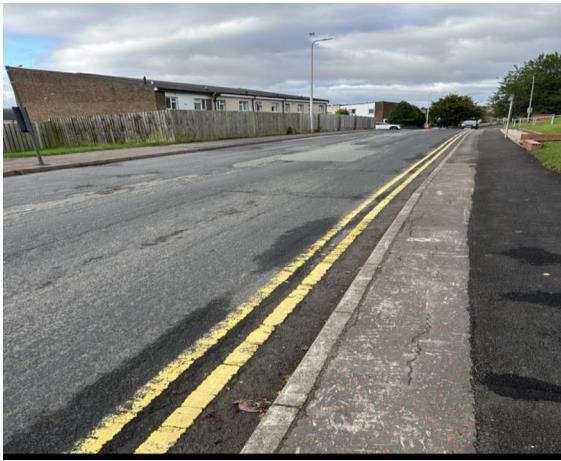
The new system involves a substance called Biopave, which was recently tested on Skomer Road in Barry.
It's designed to reduce significantly the environmental impact of resurfacing and maintenance work.
Carbon is captured within the road surface, which means it cannot be released into the atmosphere and the use of recycled materials substantially lowers greenhouse gas emissions as these do not need to be quarried.
The durability of the Biopave system, which has a five-year warranty instead of one, also means roads require less frequent maintenance, decreasing the amount of materials used and money spent in the long run.
The durability of the Biopave system, which has a five-year warranty instead of one, also means roads will require less frequent maintenance, decreasing the amount of materials used and money spent in the long run.
Already, the council is making use of other low-cost and low carbon road treatments including surface dressing, which is a type of sealant, and micro asphalt, which can be laid more thinly and requires less heat than alternatives.



 Barry man charged with assaulting police officers
Barry man charged with assaulting police officers
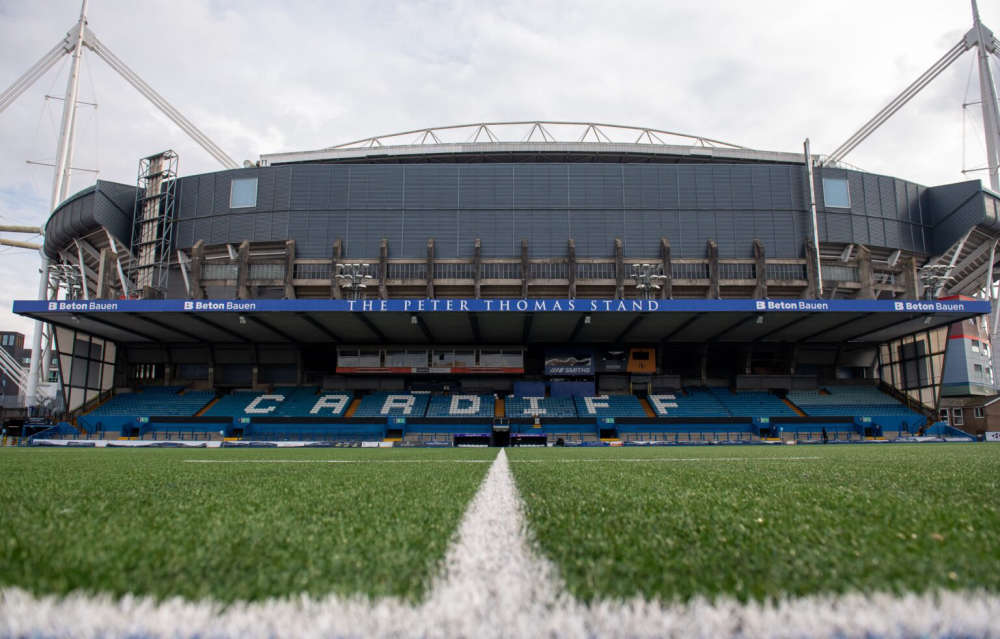 Talks to be held on Cardiff Rugby sale
Talks to be held on Cardiff Rugby sale
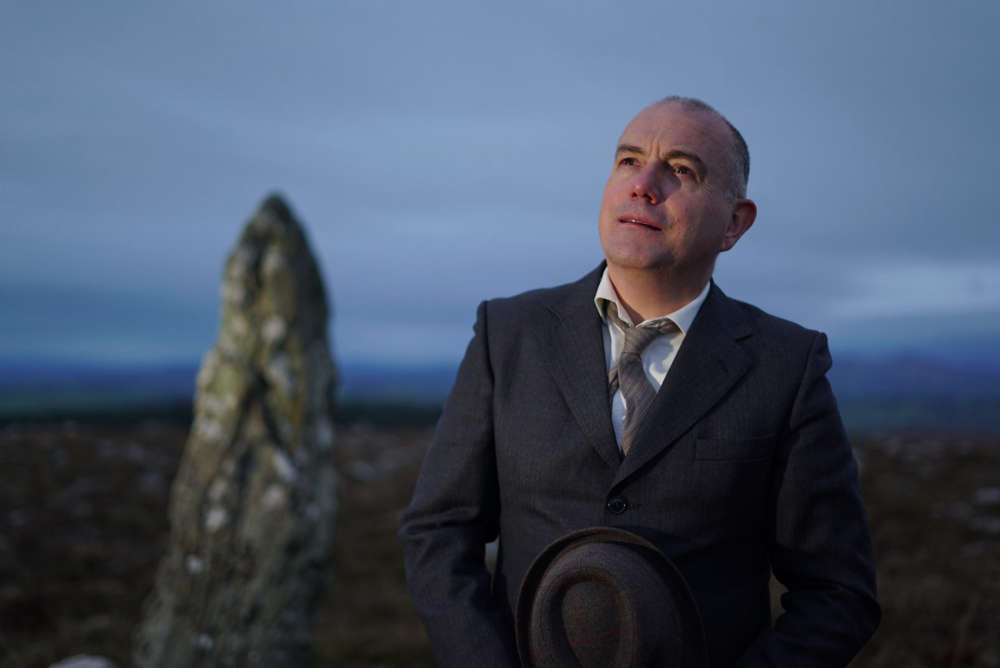 Barry Arts Festival returns with Waldo play
Barry Arts Festival returns with Waldo play
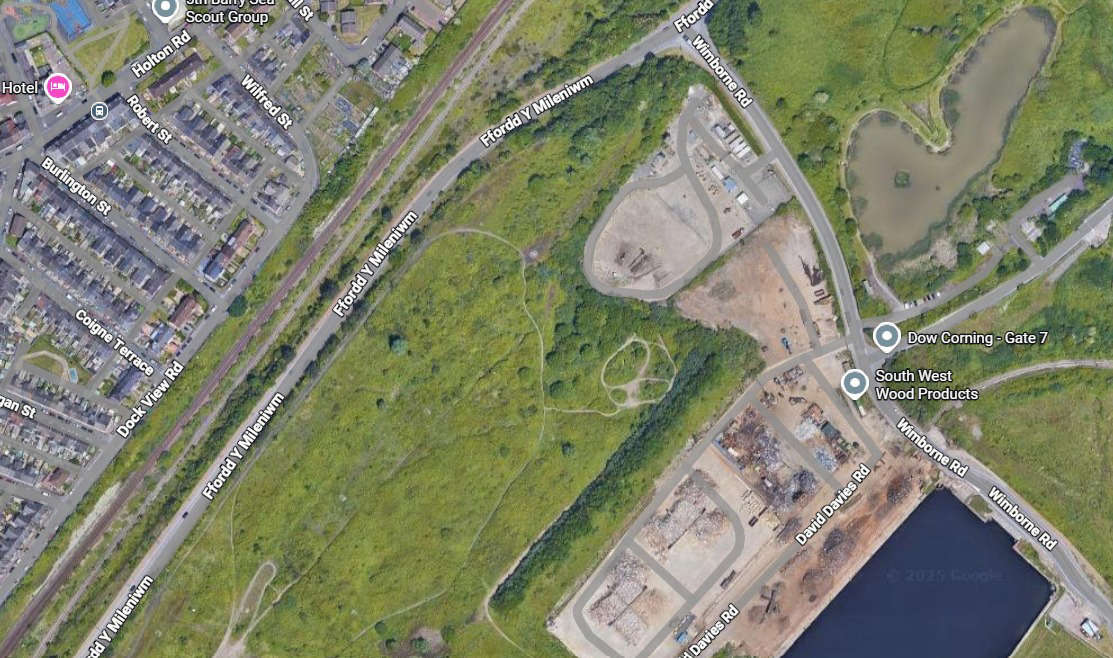 No decision yet on Barry wood plant
No decision yet on Barry wood plant
 Plaid wins St Athan by-election
Plaid wins St Athan by-election
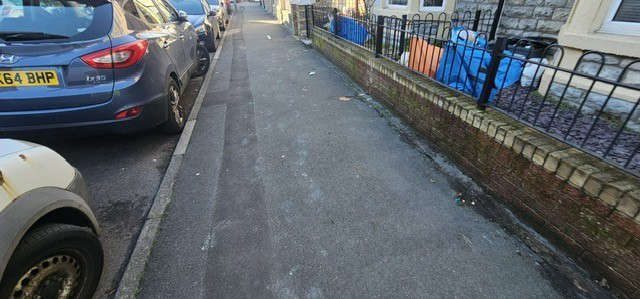 Council to relaunch street cleaning service
Council to relaunch street cleaning service
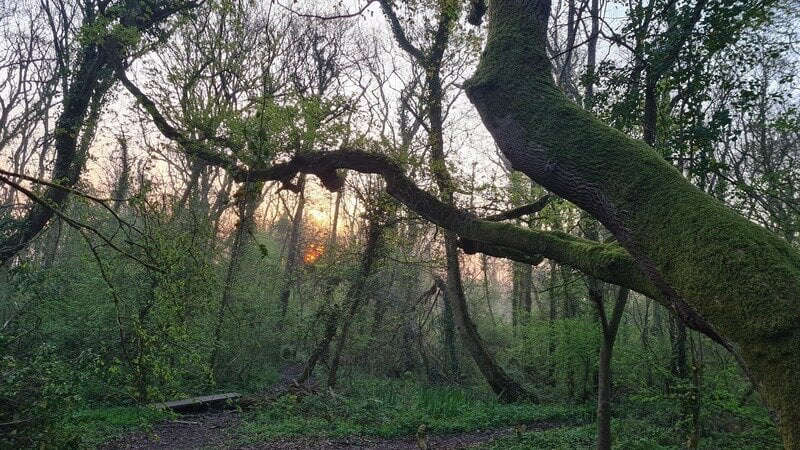 Petition supporting Tree Preservation Order reaches 1,000 signatures
Petition supporting Tree Preservation Order reaches 1,000 signatures
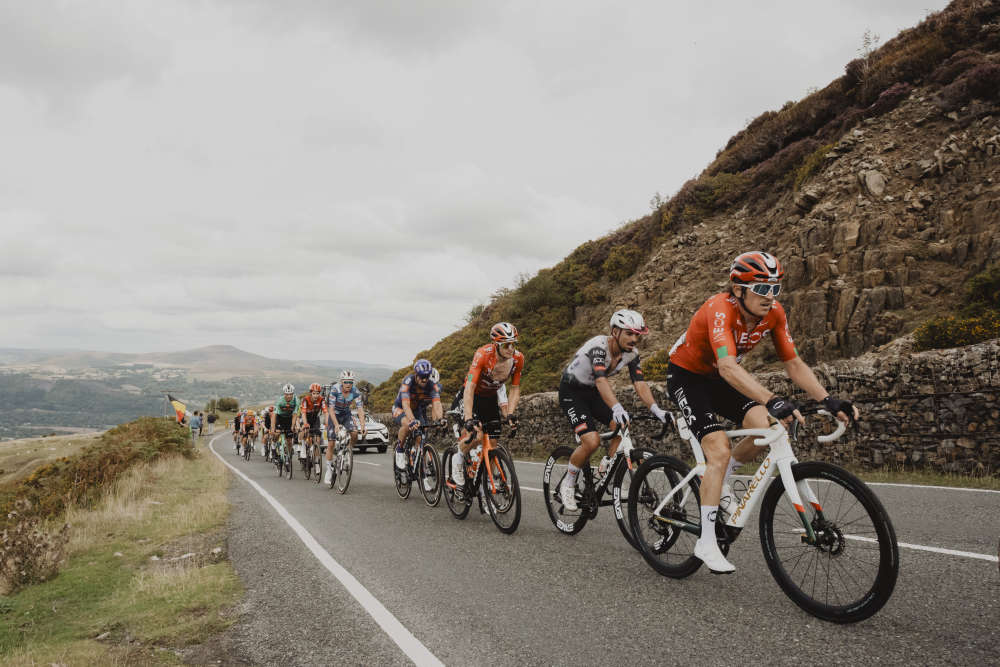 Le Tour comes to Cardiff
Le Tour comes to Cardiff
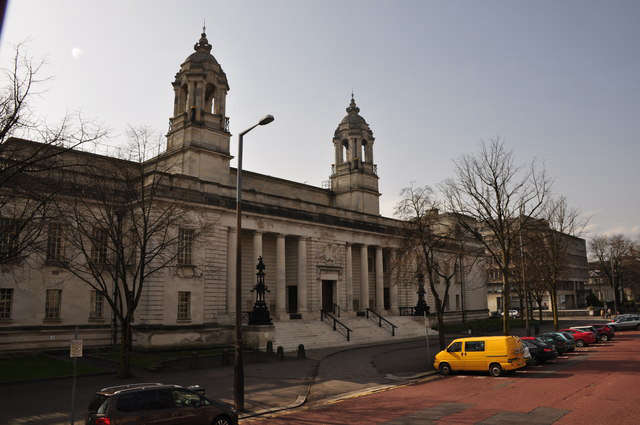 Trampoline park owner avoids jail
Trampoline park owner avoids jail
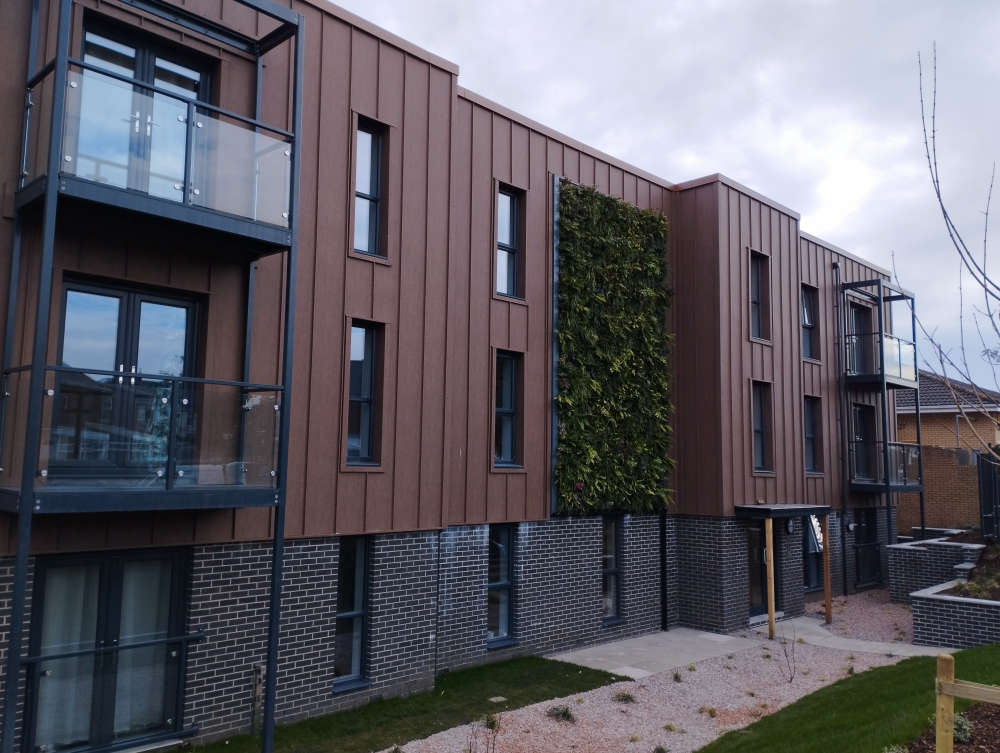 Housing rent increase rubberstamped
Housing rent increase rubberstamped
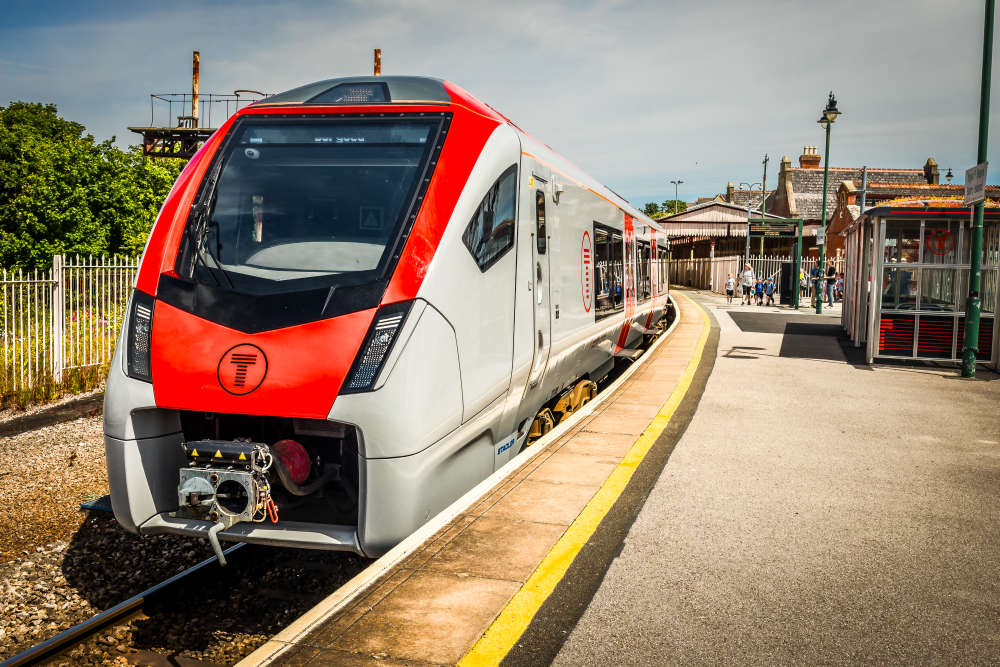 Half-hourly Vale trains delayed again
Half-hourly Vale trains delayed again
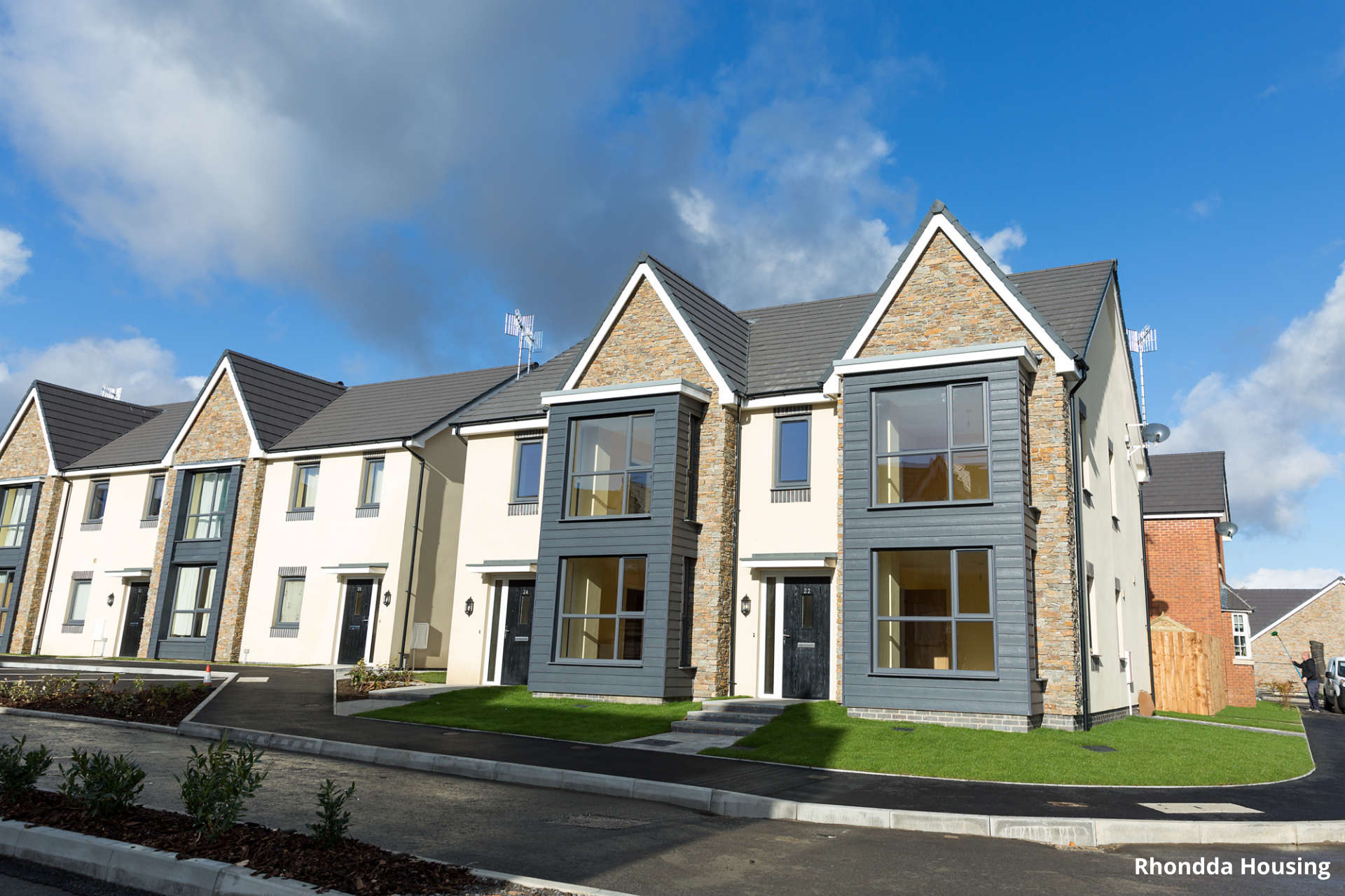 Tax premiums retained for empty homes
Tax premiums retained for empty homes
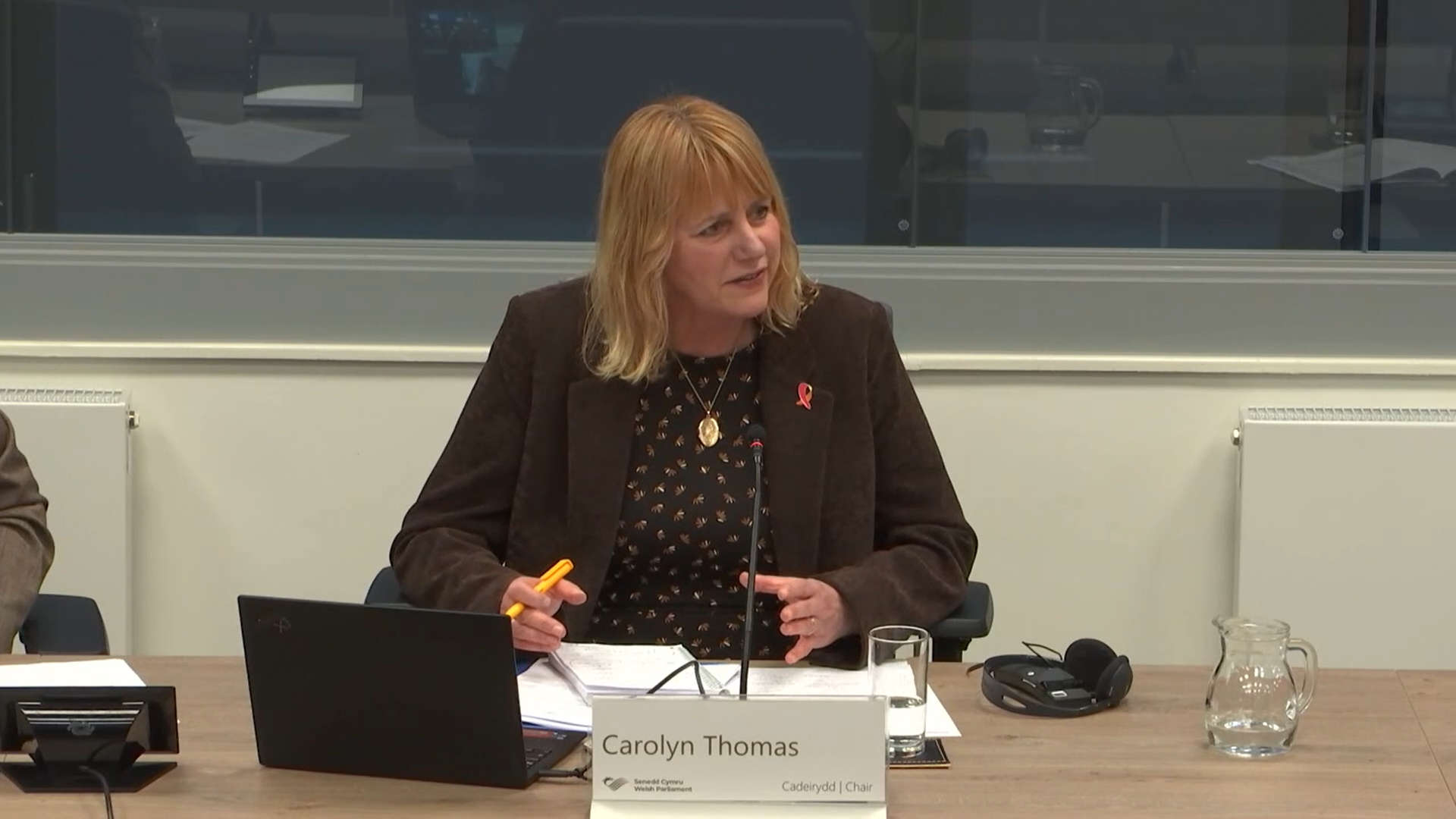 15,000 'missing' women at risk of breast cancer
15,000 'missing' women at risk of breast cancer
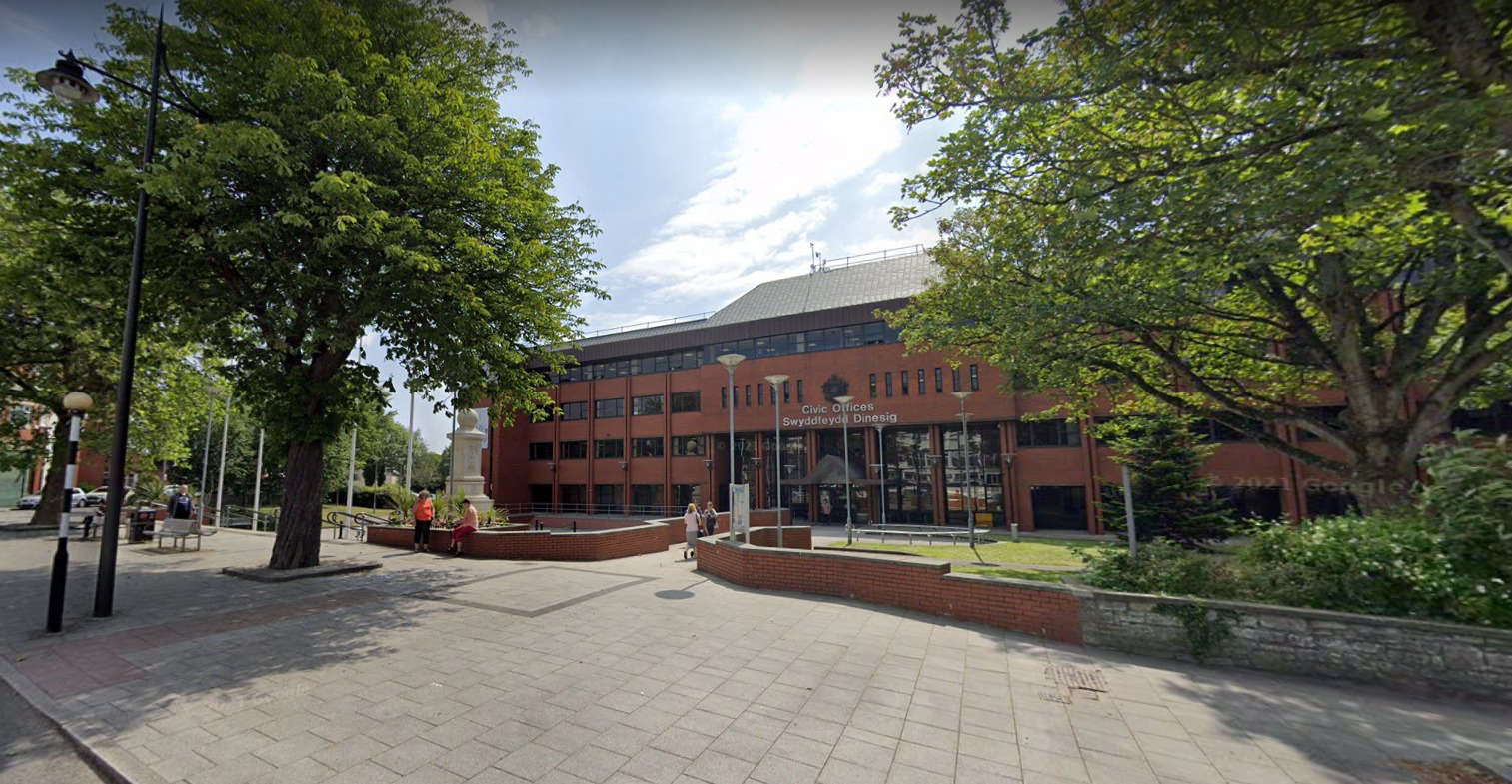 Council facing £6.6m budget gap
Council facing £6.6m budget gap
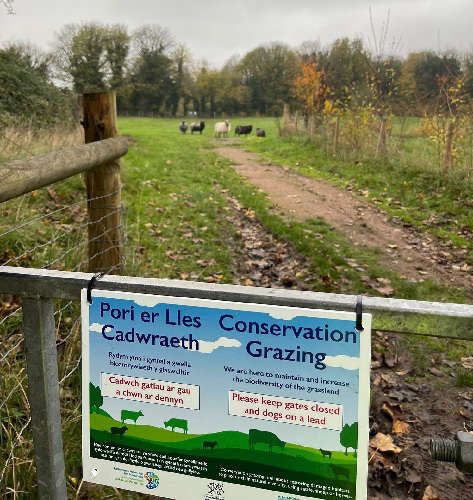 Porthkerry: grazing sheep attacked by dog
Porthkerry: grazing sheep attacked by dog
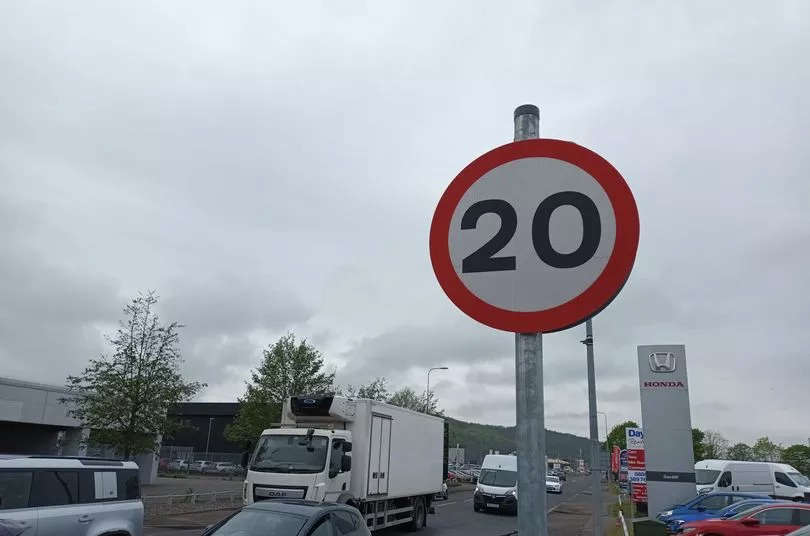 20 or 30? Council to consider speed limit changes
20 or 30? Council to consider speed limit changes
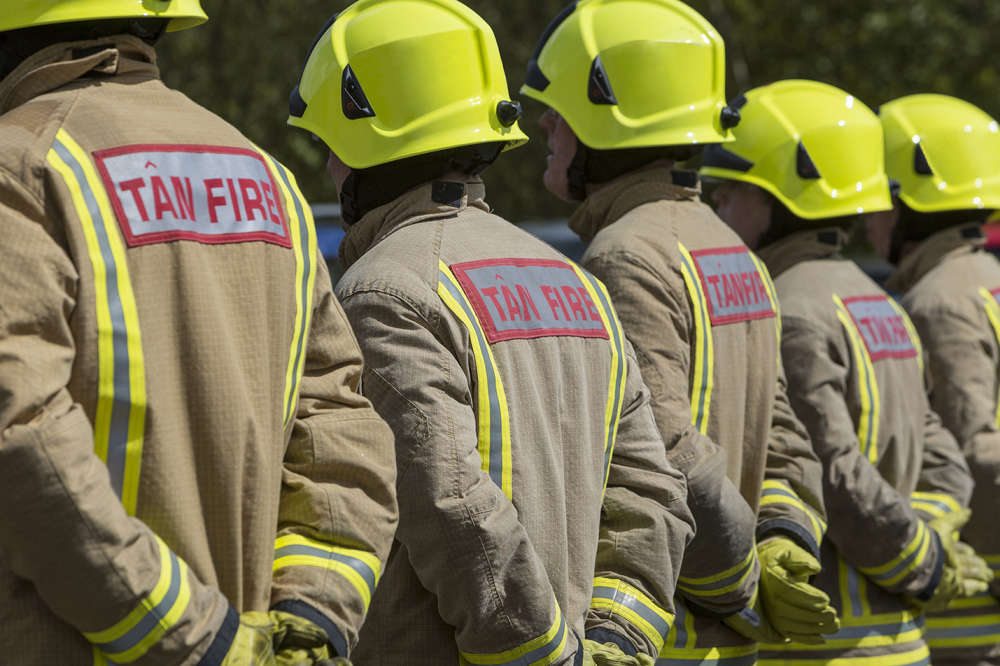 Money raised for family after house fire
Money raised for family after house fire







